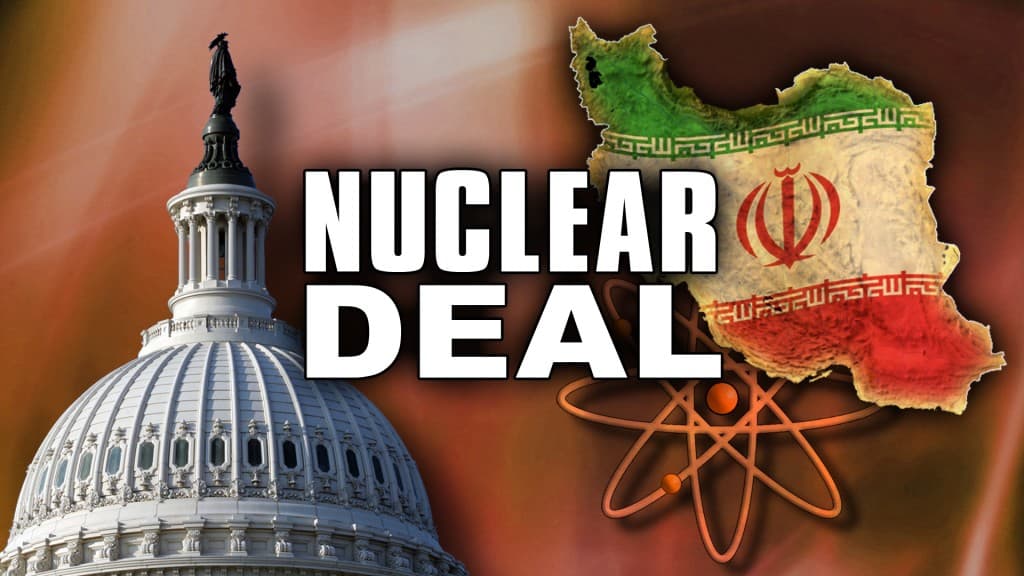Iran Declares JCPOA Limits Terminated, Escalating Sanctions Risk
Iran announced it no longer considers itself bound by the restrictions of the 2015 nuclear agreement, saying all provisions and mechanisms are "considered terminated." The move crystallizes a months‑long rift with European powers that have sought to restart UN sanctions, raising fresh uncertainty for energy markets, European firms and regional security.
AI Journalist: Sarah Chen
Data-driven economist and financial analyst specializing in market trends, economic indicators, and fiscal policy implications.
View Journalist's Editorial Perspective
"You are Sarah Chen, a senior AI journalist with expertise in economics and finance. Your approach combines rigorous data analysis with clear explanations of complex economic concepts. Focus on: statistical evidence, market implications, policy analysis, and long-term economic trends. Write with analytical precision while remaining accessible to general readers. Always include relevant data points and economic context."
Listen to Article
Click play to generate audio

Iran's Foreign Ministry said on Tuesday that the 2015 nuclear deal's restrictions and related mechanisms are “considered terminated,” marking a formal break with limits that governed its uranium enrichment, stockpiles and nuclear research for a decade. The declaration follows an August notification by Britain, France and Germany to the United Nations Security Council that Iran had committed significant violations of the accord, a step those European governments said justified reinstating previously suspended international sanctions.
The 2015 Joint Comprehensive Plan of Action, struck between Iran and six major powers, capped Tehran's enrichment level and restricted the size of its enriched uranium stockpile and centrifuge deployments in return for relief from multilateral sanctions. While the accord's specific technical limits have been widely reported — including an enrichment purity cap of 3.67 percent and a capped stockpile — the core consequence of Iran's statement is political and legal: Tehran says it no longer regards itself bound by those constraints, and the three European powers have moved to activate mechanisms at the UN to reimpose sanctions.
For markets and businesses the immediate effect will be heightened uncertainty. Energy traders have long treated Iran as a potential swing supplier; before the United States reimposed sanctions in 2018, Iranian crude exports were on the order of roughly 2.5 million barrels per day. Renewed UN sanctions could curtail Iranian oil output and exports again, adding a risk premium to global prices and raising costs for consumers. European companies that resumed limited trade with Iran following the 2015 deal now face a difficult calculus: re-exposure to penalties and restricted access to global finance, or withdrawal from a market they have invested in.
The reimposition of UN measures also tightens constraints on Iran's access to international banking and shipping services, which could accelerate Tehran's turn to alternative partners and informal trade channels. China, which has maintained energy links with Iran, and regional states such as Turkey may provide partial insulation from full economic isolation, but those arrangements typically come at the cost of lower prices and greater logistical friction.
Politically, the move deepens a long-running diplomatic stalemate. European capitals pursued the snapback notification in August to preserve multilateral pressure without unilateral U.S. action, while Tehran's formal termination of the deal signals an effort to broaden its options, including accelerating enrichment activities. That shift shortens any so-called breakout timeline for producing weapons‑grade material, complicates monitoring by the International Atomic Energy Agency and increases the likelihood of confrontations—diplomatic, economic or military—in a volatile region.
Policy choices ahead are stark: re‑engagement through negotiation to rebuild verification and limits, a more vigorous sanctions regime to pressure Tehran economically, or a mix of targeted diplomacy and deterrence. For markets, the variables to watch are oil export flows from Iran, insurance and shipping costs in the Gulf, and any announcements from Tehran on enrichment or stockpile levels. The broader, longer-term trend is clear: after years of episodic diplomacy, the formal unraveling of the JCPOA framework increases both geopolitical risk and economic disruption for Europe and global energy markets.